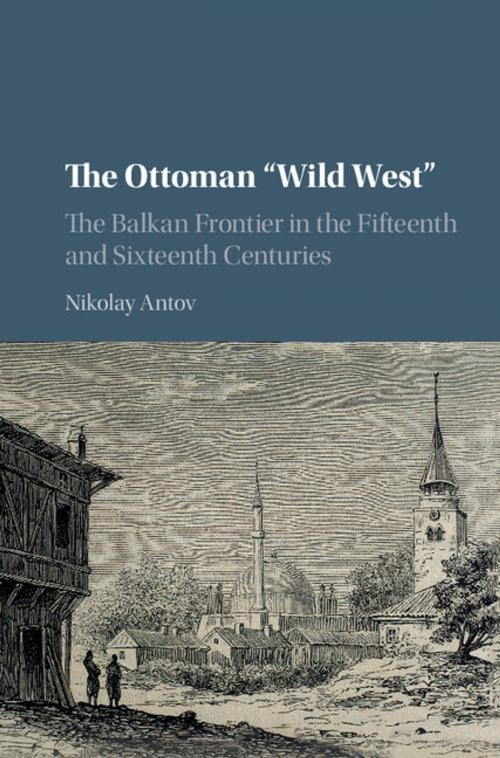The Ottoman 'Wild West'
The Balkan Frontier in the Fifteenth and Sixteenth Centuries
Nonfiction, History, Middle East, Social & Cultural Studies, Social Science| Author: | Nikolay Antov | ISBN: | 9781316863787 |
| Publisher: | Cambridge University Press | Publication: | December 28, 2017 |
| Imprint: | Cambridge University Press | Language: | English |
| Author: | Nikolay Antov |
| ISBN: | 9781316863787 |
| Publisher: | Cambridge University Press |
| Publication: | December 28, 2017 |
| Imprint: | Cambridge University Press |
| Language: | English |
In the late fifteenth century, the north-eastern Balkans were under-populated and under-institutionalized. Yet, by the end of the following century, the regions of Deliorman and Gerlovo were home to one of the largest Muslim populations in southeast Europe. Nikolay Antov sheds fresh light on the mechanics of Islamization along the Ottoman frontier, and presents an instructive case study of the 'indigenization' of Islam – the process through which Islam, in its diverse doctrinal and socio-cultural manifestations, became part of a distinct regional landscape. Simultaneously, Antov uses a wide array of administrative, narrative-literary, and legal sources, exploring the perspectives of both the imperial center and regional actors in urban, rural, and nomadic settings, to trace the transformation of the Ottoman polity from a frontier principality into a centralized empire. Contributing to the further understanding of Balkan Islam, state formation and empire building, this unique text will appeal to those studying Ottoman, Balkan, and Islamic world history.
In the late fifteenth century, the north-eastern Balkans were under-populated and under-institutionalized. Yet, by the end of the following century, the regions of Deliorman and Gerlovo were home to one of the largest Muslim populations in southeast Europe. Nikolay Antov sheds fresh light on the mechanics of Islamization along the Ottoman frontier, and presents an instructive case study of the 'indigenization' of Islam – the process through which Islam, in its diverse doctrinal and socio-cultural manifestations, became part of a distinct regional landscape. Simultaneously, Antov uses a wide array of administrative, narrative-literary, and legal sources, exploring the perspectives of both the imperial center and regional actors in urban, rural, and nomadic settings, to trace the transformation of the Ottoman polity from a frontier principality into a centralized empire. Contributing to the further understanding of Balkan Islam, state formation and empire building, this unique text will appeal to those studying Ottoman, Balkan, and Islamic world history.















